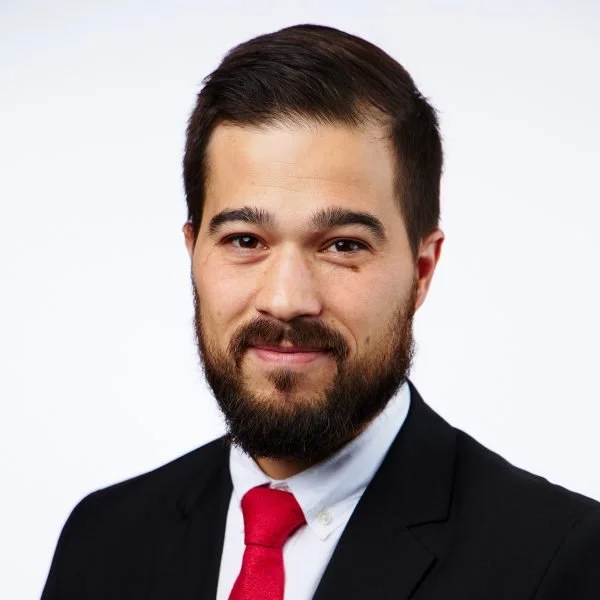In the Presence of Absence
Jacob Leal talks with Dr. Filipe Maia about activating the imagination with hope in the face of a colonized future and about his latest book, Trading Futures: A Theological Critique of Financialized Capitalism
Rubber Plant, Ficus elastica, a species of Fig Trees. Parque Ecológico, Campinas, Brazil, 2012. Photo: rafaelsoares
In this episode of OP Talks, Jacob Leal talks with his mentor Dr. Filipe Maia, Assistant Professor of Theology at the Boston University School of Theology, about his book, Trading Futures: A Theological Critique of Financialized Capitalism (Duke University Press, 2022), and pivots to the power of the imagination, ancestors and the interruption of linearity. Dr. Maia argues that a language of active hope, or “future-talk,” is critical as a mode of critique, particularly with the financial market’s need to control future outcomes and its sacrificial nature, especially for the oppressed. The scholars’ conversation recognizes the importance of liberation theologist Ruben Alves and the Brazilian/Portuguese concept of saudade, which captures the essence of absence and deep longing for return. Leal, a third-year PhD student at Boston University, illustrates these points by describing his research about the dreams of the ancestors and about the Mesoamerican ballgame Ullamaliztli, which is having a resurgence in present-day Mexico.
As a testament to his willfulness and longing to summon a different future, Dr. Maia states: “My motion in the direction of hope is fragile, mournful, and tentative, but is also quite stubborn. The hope I embrace persists. It keeps coming back, haunting me forward...I remain within the language of hope, not to simply profess that I have hope.”
"In short scope and lucid prose, Filipe Maia’s Trading Futures makes a provocative argument about such fundamental topics as justice, capitalism, theology, and time…Trading Futures effectively shows that agents of financial capitalism and theologians of liberation can differ profoundly in their orientations toward the future."
Matthew Scherer,
Perspectives On Politics
OP Talks
Dr. Jung Mo Sung talks to Dr. Filipe Maia about his recent book, a theological critique of financialized capitalism





